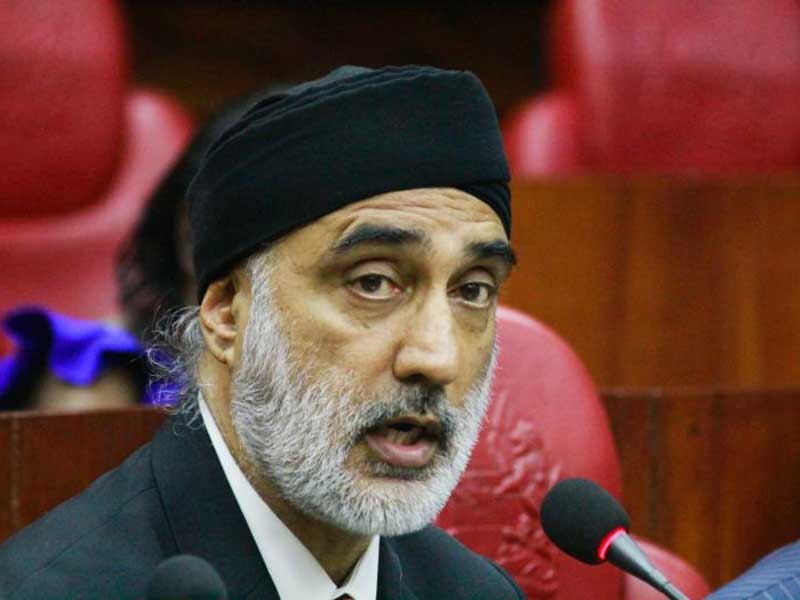×
The Standard e-Paper
Home To Bold Columnists

Millions of Kenyans may have been exposed to harmful chemicals after it emerged that bulk brown sugar was sold at the port of Mombasa before being refined for human consumption.
It further emerged that thousands of tonnes of sugar were transported from the port to different warehouses at the Coast in tippers – a vehicle normally used to ferry sand, cement and other building materials – for packaging.